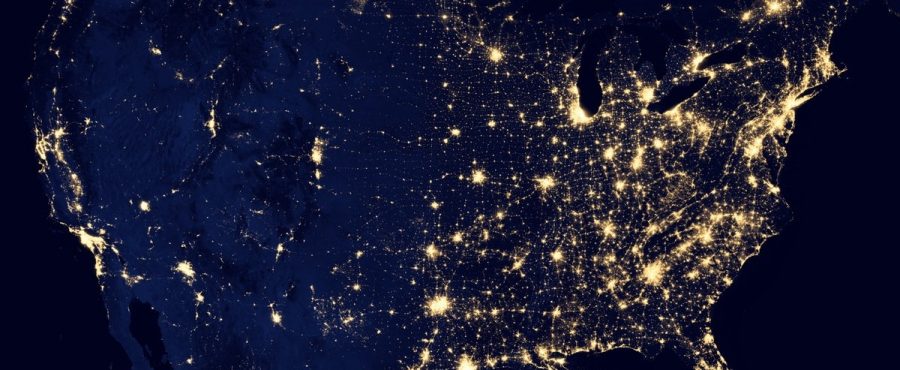5G Cybersecurity Concerns The Government & Businesses Need to Prepare For
In April 2019, The President commented on 5G deployment in the United States. In what can be considered a mission statement, President Trump stressed the importance of America getting a 5G network and remaining the leaders in communication network innovation.
“We cannot allow any other country to out-compete the United States in this powerful industry of the future. We are leading by so much in so many different industries of that type, and we just can’t let that happen. The race to 5G is a race America must win, and it’s a race, frankly, that our great companies are now involved in. We’ve given them the incentive they need. It’s a race that we will win.” – President Donald Trump, The White House 1
Discussing the future of U.S. infrastructure and technology, in that same speech he made, President Trump highlighted the potential role of 5G networks to ensure not only the nation’s prosperity but its national security as well.
“Secure 5G networks will absolutely be a vital link to America’s prosperity and national security in the 21st century. 5G will be as much as 100 times faster than the current 4G cellular networks. It will transform the way our citizens work, learn, communicate, and travel. It will make American farms more productive, American manufacturing more competitive, and American healthcare better and more accessible. Basically, it covers almost everything, when you get right down to it.” – President Donald Trump, The White House 1
The keyword being “secure 5G Networks.” The deployment of a 5G network will indeed bring exponentially higher speeds and, therefore, increased productivity and innovation. However, there are a number of 5G cybersecurity concerns that come along with it. As the United States goes head-on into embracing 5G and trying to implement it as soon as possible, numerous cybersecurity and national security leaders are urging caution. The new 5G cybersecurity risks are issues that need to be approached thoughtfully and will require creative solutions.
1. Fewer Physical Security Checkpoints
One defining feature of a 5G network is a transition away from centralized, hardware-based switching to distributed, software-based digital routing. This results in a significant decrease in hardware choke points, where security inspections could traditionally be done. With 5G, this opportunity and control are denied.
2. Virtualization Creates Vulnerabilities
In software, higher-level network functions are virtualized in a 5G network instead of performed by physical appliances. Based on the common language of Internet Protocol and well-known operating systems, these activities will now be more vulnerable to hostile nation-states and criminal actors.
3. Cyber Attacks on The Internet of Things
The Internet of Things, a network colloquially referred to as IoT, is made possible with a 5G network. This network of tens of billions of hackable smart devices increases the vulnerability of our nation’s networks and, therefore, its national security – a unique 5G cybersecurity risk.
At LightWave Networks, in addition to the colocation services we offer at our Boston colocation and Dallas data centers, we also offer remote backup services, disaster recovery planning, IP transit services, dedicated servers in Boston and Dallas, managed networking, and more. To learn more about our top-notch IT services, contact us or call 844.722.COLO today!
Sources
- President Donald Trump, The White House – Remarks by President Trump on United States 5G Deployment

